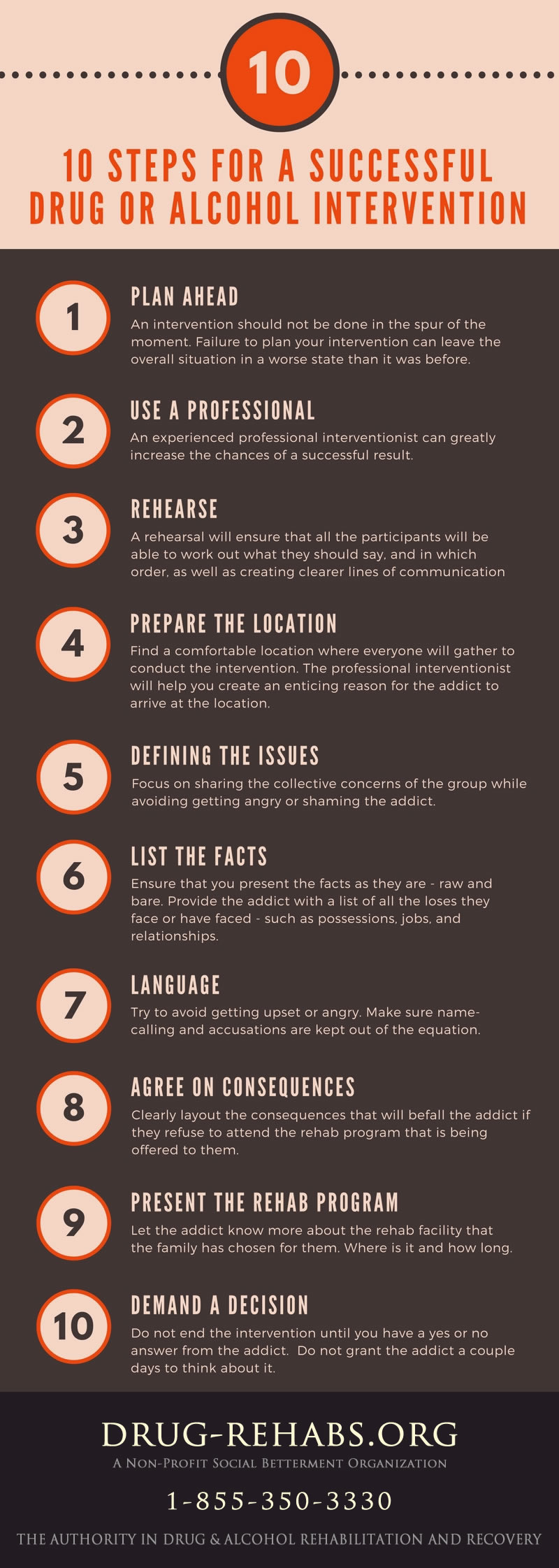Discover The Value Of Post-Treatment Care Basically Abuse Rehab For Continual Recovery. Check Out Exactly How Helpful Networks Can Assist In Keeping Sobriety And Producing A Significant Existence
Discover The Value Of Post-Treatment Care Basically Abuse Rehab For Continual Recovery. Check Out Exactly How Helpful Networks Can Assist In Keeping Sobriety And Producing A Significant Existence
Blog Article
Web Content Produce By-Vittrup Worm
You can't do it alone. https://writeablog.net/criselda4cameron/below-are-the-5-vital-aspects-that-make-drug-addiction-therapy-programs from drug dependency calls for a solid support system.
The value of aftercare in drug rehab can not be overstated. In this write-up, we will discover the function of therapy, the advantages of therapy, and the structure given by peer support groups in keeping sobriety.
So, order a cup of coffee, relax, and allow us direct you with the essential actions of post-rehabilitation support.
The Duty of Therapy in Aftercare
If you want to maintain your sobriety after leaving rehab, it's critical that you continue taking part in counseling sessions as part of your aftercare plan.
Therapy plays a crucial function in your healing journey by offering continuous support, guidance, and a risk-free space to reveal your feelings and worries.
Through therapy, you can address any type of underlying concerns that might have contributed to your addiction, develop dealing approaches, and learn healthier means to handle stress and food cravings.
It enables you to resolve any unsolved emotions and develop a much better understanding of yourself and your triggers.
The Advantages of Treatment in Keeping Soberness
To maintain your sobriety, treatment can give many advantages.
- Treatment offers a safe area for you to explore and address the underlying problems that may have contributed to your addiction.
- It permits you to overcome your feelings and create healthier ways of managing tension and sets off.
- With therapy, you can gain a far better understanding of yourself and your patterns of actions, which can help you make positive modifications in your life.
- In addition, therapy gives you with a support group of specialists who are trained to assist and aid you on your journey to recuperation.
- They can supply beneficial understandings, devices, and techniques to help you navigate the obstacles that might arise.
- In therapy, you can find out to establish healthy and balanced coping skills, develop durability, and boost your general well-being.
Peer Support System: A Foundation for Lasting Healing
You can find enduring recovery by proactively joining peer support groups and connecting with others that share similar experiences and objectives.
Peer support groups give a safe and non-judgmental room where people in healing can come together to share their battles, successes, and insights. By proactively taking part in these teams, you can receive the support and motivation you require to remain on the path of recovery.
Getting in click this with others that've gone through similar experiences can be extremely encouraging, as it aids you recognize that you aren't alone in your journey. It also allows you to gain from others who have actually successfully gotten over similar difficulties. Together, you can commemorate turning points, hold each other responsible, and offer support and recommendations.
Via these connections, you can develop a strong support system that will aid you browse the ups and downs of healing and eventually find lasting recovery and makeover.
Final thought
You've found out about the critical role of aftercare in drug rehabilitation. Therapy, therapy, and peer support system add to lasting recuperation. Below's a shocking statistic to comprehend the magnitude of the issue: research studies reveal that people who get aftercare therapy are 50% more likely to preserve sobriety contrasted to those who do not.
So, envision the transformative power of these support group in aiding people recover their lives and construct a brighter, drug-free future.
